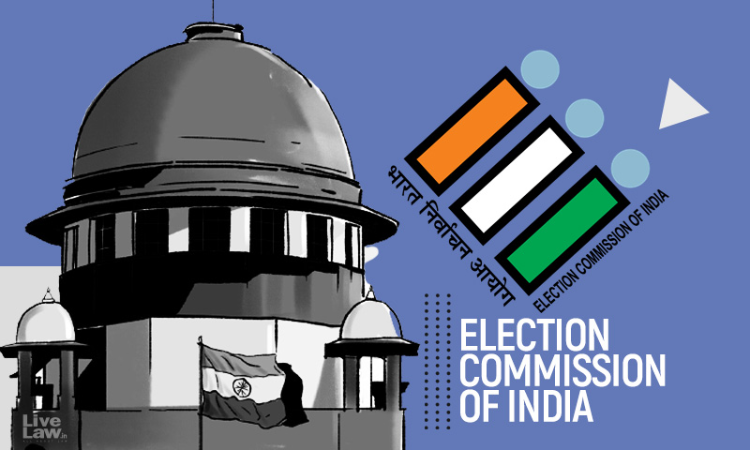De-Register Political Parties Which Fail To Publish Candidates' Criminal Antecedents : PIL Before Supreme Court
Srishti Ojha
17 Jan 2022 1:03 PM IST

Next Story
17 Jan 2022 1:03 PM IST
A writ petition has been filed before the Supreme Court of India seeking directions to the Election Commission of India to de-register political parties which fail to publish details regarding criminal cases of its candidates. The Public Interest Litigation(PIL) filed by Advocate Ashwini Kumar Upadhyay has sought directions to the Election Commission of India to take steps to ensure that...
